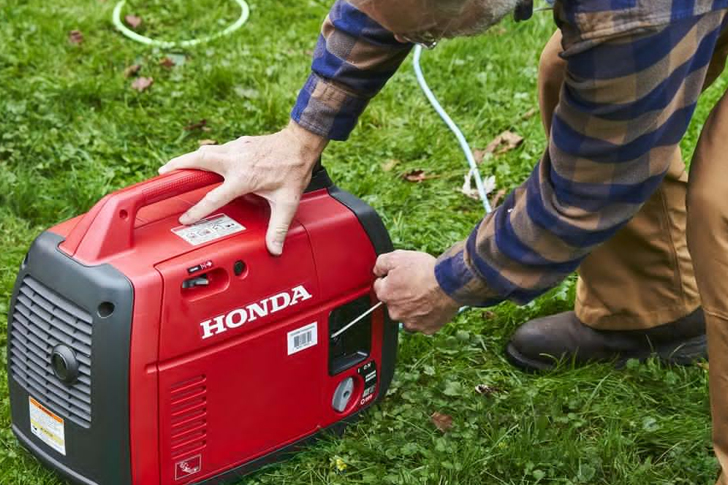How to Purchase a Generator on a Senior’s Budget
In today’s world, where power outages can be frequent due to extreme weather events or electrical grid failures, having a backup power source like a generator can be crucial, especially for seniors who depend on electrical medical devices or need consistent indoor climate control. However, the cost of purchasing and maintaining a generator can be prohibitive. This guide delves into effective strategies for seniors to acquire a generator without straining their finances.

Fully Understand your Power Needs
Before you make a purchase, it’s critical to evaluate your power requirements. Generators come in various sizes and capacities, typically measured in watts. Conduct an assessment of essential appliances that would need to run during an outage—like refrigerators, medical equipment, a few lights, and perhaps a heating or cooling system. A smaller, less-expensive generator is often sufficient for these basics. According to Consumer Reports, a mid-sized portable generator capable of handling 3,000 to 6,500 watts can cost between $400 to $1,000. Determine your needs to avoid overpaying for surplus capacity.
Consider Different Types of Generators
Generators are mainly categorized into portable and standby generators. Portable generators are cheaper, ranging typically from $500 to $1,500. Standby generators are more expensive but offer the convenience of automatically powering on during an outage and can power more devices. A budget-conscious senior might favor a portable model due to its lower cost and flexibility.
Explore Payment Plans and Financing Options
Many retailers offer financing plans that allow you to pay for a generator in installments. This can be particularly helpful if paying the lump sum upfront is not feasible. Home improvement stores often provide promotions with zero interest for a certain period, reducing the financial burden. It’s advisable to understand the total cost of ownership, including interest if considering this option.
Government Programs and Grants
In some regions, local or federal government programs help seniors with necessary home modifications, which can include generators. For example, the Low Income Home Energy Assistance Program (LIHEAP) in the U.S. might assist in some states. Veterans might find special grants available through the Department of Veterans Affairs that could cover the cost of a generator if it’s a medical necessity.
Consider Used or Refurbished Models
Purchasing a used or refurbished generator can be a cost-effective choice. Websites like eBay, Craigslist, and local classifieds often list generators at significantly reduced prices. Ensure any used generator has a transparent maintenance history and possibly seek a professional’s opinion before purchase.
Wait for Sales or Use Coupons
Retailers often have significant discounts on generators during off-peak times or on special sale days like Black Friday. Signing up for newsletters from home improvement stores or coupon websites could alert you to upcoming promotions or exclusive coupons, leading to substantial savings.
Join a Community Buying Group
Community buying groups leverage collective purchasing power to get discounts on various products, including generators. Joining such a group could lead to lower costs. Local senior centers or community organizations might already have such initiatives in place.
Maintain Your Generator Efficiently
Proper maintenance can extend the life of your generator, preventing costly repairs or replacements. Regularly check oil levels, clean parts as needed, and run the generator periodically to ensure it’s operational when needed. Good maintenance also ensures that the generator runs efficiently, saving on fuel costs.
Consider Alternate Power Solutions
While a generator is helpful, other less expensive solutions might meet your needs. Battery backups or power banks can power essential devices. Solar power solutions, though with higher initial costs, may offer more significant long-term savings and are often accompanied by government incentives.
Seek Expert Advice
Before making a purchase, consulting with a professional can prevent unnecessary expenditure. Many home improvement stores offer consultations either for free or a nominal fee. This can ensure that your choice of generator suits your needs and budget.
By understanding your specific needs, researching thoroughly, and utilizing available financial aids, securing an affordable and dependable generator is attainable.







Recent Comments